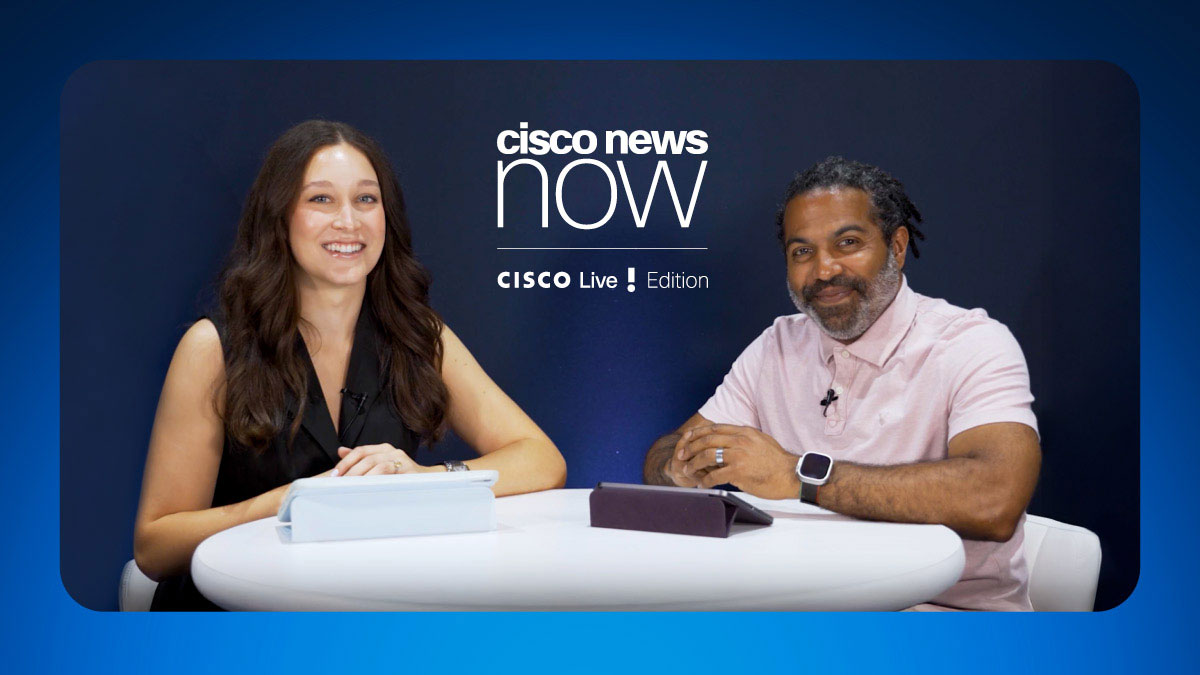MENLO PARK, Calif., June 21, 1993 -- Cisco Systems has introduced a new remote access router platform that extends theenterprise internetwork to remote sites where true routing waspreviously too costly and too difficult to manage.
The Cisco 2000 is a two-port router priced starting at$3,195. It is designed for price-sensitive smaller corporatelocations, where users typically require a specified set ofprotocols and other features.
Two versions of the Cisco 2000 are available: One with anEthernet and a serial connection and the other with a token ringand a serial connection.
Access Routing Tailored for Limited-Protocol Environments
Discussing the Cisco 2000, David Gudmundson, Cisco productmanager, said, "Until now, for cost and management reasons, branchoffices of a certain size haven't been included in enterprisenetworks. Our customer research shows that such sites are waitingfor affordable routers that are easy to install. Although theygenerally require only one or two protocols, they need fullnetwork services at the remote sites."For MIS managers trying to extend their networks outward tothese sites, price is more important than a comprehensive array ofprotocols. To achieve the needed price point, Cisco decided tooffer its first router with a selected protocol set.
"With this product, Cisco becomes the only vendor to offer aproduct family that spans the enterprise, from the high-speedbackbone to the small office, with true routing capability:Access without compromise."
Like all Cisco routers, the Cisco 2000 has a unique auto-installation capability that handles software configuration from acentral network operating system. This eliminates the costlytask of sending expert personnel to the remote site to install anew router. The user at the site need only connect the LAN/WANcables and activate the unit. (See accompanying release.)
Features Used Most in Access Applications
The Cisco 2000 offers the features that Cisco has found to bemost widely used in access router applications, as opposed tothose more common in backbone networks. LAN protocols includeTCP/IP, Novell IPX, AppleTalk I and II and transparent bridging.WAN protocols include HDLC, PPP, dial-on-demand, frame relay andX.25 transport. IP routing protocols include RIP, OSPF andCisco's IGRP.In addition, the Cisco 2000 supports a number of IBMinternetworking features found on larger Cisco routers, includingremote source-route bridging, proxy explorer, localacknowledgment, SNA local LU address prioritization,administrative filtering, and NetBIOS name caching and accesscontrol filtering.
In the network management area, the Cisco 2000 supports SNMP,LAN Network Manager, and standard and extended lists for allsupported LAN protocols.
Because it is a true router, with a router's securityfeatures and access control mechanisms (such as access lists andpriority output queuing), the Cisco 2000 makes remote accesspoints as secure as the central backbone network.
Upgrade Later to Full-Featured Routing
Cisco plans to offer an upgrade kit that will allow users toconvert the new low-end product to a full-featured Cisco 3000router that supports all protocols and Flash memory. "This meansthat users can buy for today's needs without worrying about beinglimited when they want to add more protocols or redeploy therouter to a larger site," Gudmundson said.Pricing and Availability
Available in the third quarter of 1993, the Cisco 2000 Model 2102(one Ethernet, one Serial port) is priced at $3,195; the Cisco 2000 Model2202 (one Token Ring, one serial port) at $4,195 (U.S. list price).Cisco's Remote Access Plans for the Future
Cisco will continue to increase network applicationsavailability and to decrease the total cost of owning a networkwith future remote access capabilities.Cisco will extend Appletalk and Novell IPX networks toincrease applications availability for mobile and telecommutingusers. And, because asynchronous technology is an integral partof network extension, Cisco will integrate asynchronous servicesthroughout its remote access router family.
Cisco will continue to decrease the cost of network ownershipby greatly increasing the number of remote sites that can connectto a single Cisco 7000 serial interface. Development plansinclude a Multichannel Interface Processor that provideschannelized T1/E1 and Integrated ISDN PRI for the Cisco 7000.
Cisco will also extend plug and play remote access byenhancing AutoInstall over wide area packet-switched services.
To further decrease the cost of network ownership, Cisco iscommitted to implementing data compression technology across thehigh end and remote access product lines, which will reduce widearea access costs by allowing more efficient utilization of widearea links.
Cisco Systems, Inc., is the leading worldwide supplier ofhigh-performance, multimedia and multiprotocol internetworkingproducts, including routers, bridges, communication servers androuter management software. Cisco technology is used to buildenterprise-wide networks linking an unlimited number ofgeographically dispersed LANs, WANs and IBM SNA networks. In theUnited States, Cisco is traded over the counter under the NASDAQsymbol CSCO.



